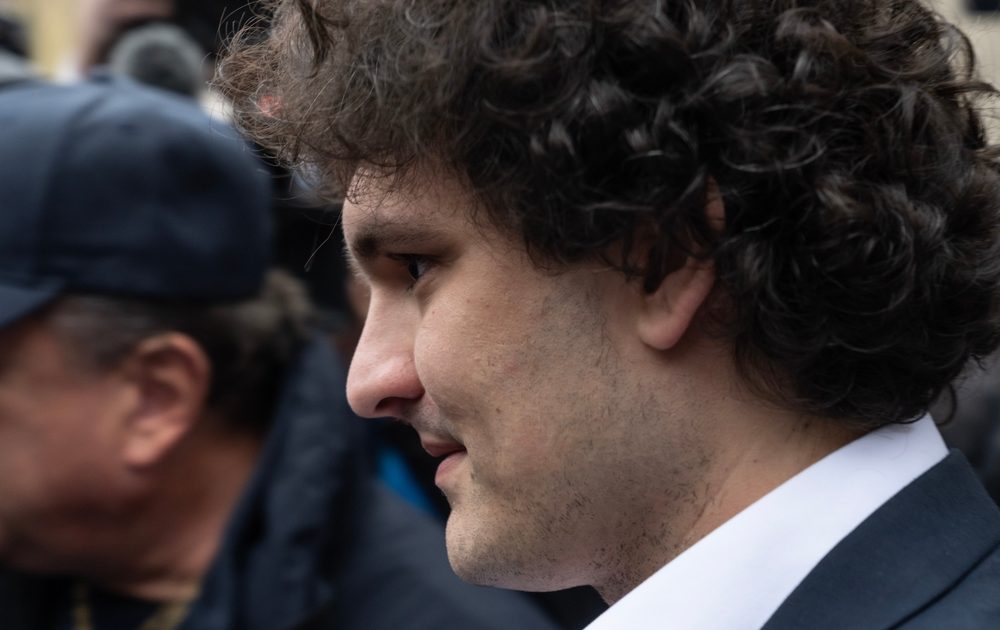On Thursday, Feb. 16th, FTX founder Sam Bankman-Fried had to return to the Manhattan federal court in New York for the second time in two weeks, to explain in court why he keeps making illegal use of the internet while on bail. Bankman-Fried is currently living at his parent’s home in Palo Alto, California, while awaiting and preparing for his upcoming trial in October. Bankman-Fried’s illegal digital behaviour might now affect his bail as the government doesn’t seem to have been able to monitor his every online move.
A federal judge showed growing impatience on Thursday with the FTX founder’s ongoing use of the internet in spite of an earlier warning, suggesting that incarceration might eventually be the only, and most effective way to prevent him from communicating on electronic devices.
Judge Lewis A. Kaplan did not change the $250 million bail package that is in place yet, but he did suggest the possibility that jail might be the only way to ensure Bankman-Fried will not outwit the government with ways to use electronic devices in manners that cannot be traced.
Kaplan noted that there could be too many devices in Bankman-Fried’s family home that the government is not aware of. And he asked prosecutors why he was “being asked to set him loose in this garden of electronic devices?” Kaplan was alluding to a claim by prosecutors that Bankman-Fried sent an encrypted message over the Signal texting app on Jan. 15 to the general counsel of FTX US.
According to prosecutors, the message said: “I would really love to reconnect and see if there’s a way for us to have a constructive relationship, use each other as resources when possible, or at least vet things with each other. I’d love to get on a phone call sometime soon and chat.”
Federal prosecutors have told Kaplan that Bankman-Fried’s communications indicate he may be trying to influence a witness with incriminating evidence against him.
Instead of immediate incarceration prosecutors have now asked Kaplan try to limit Bankman-Fried’s use of electronic devices and the internet, to keep him away from things like messaging applications. They asked for the installation of a device monitoring program on his cell phone and computer.
Assistant U.S. Attorney Nicolas Roos said that it would be a “drastic alternative” to ban Bankman-Fried’s use of all electronic devices, and he also added that it would be very difficult for Bankman-Fried to prepare for a trial which is set for October, if that would happen.
The court describes Bankman-Fried as “a technologically sophisticated person, with both the ability and the inclination to seek workarounds of more narrowly drawn bail conditions.”
Bankman-Fried has been confined with house arrest and electronic monitoring to his parents’ home in California since last December, after his arrest in the Bahama’s. He is there on charges that he cheated investors and that he diverted their deposits to be used to fill financial gaps at Bankman-Fried’s other company, Alameda Research. Thus far he has pleaded not guilty.




